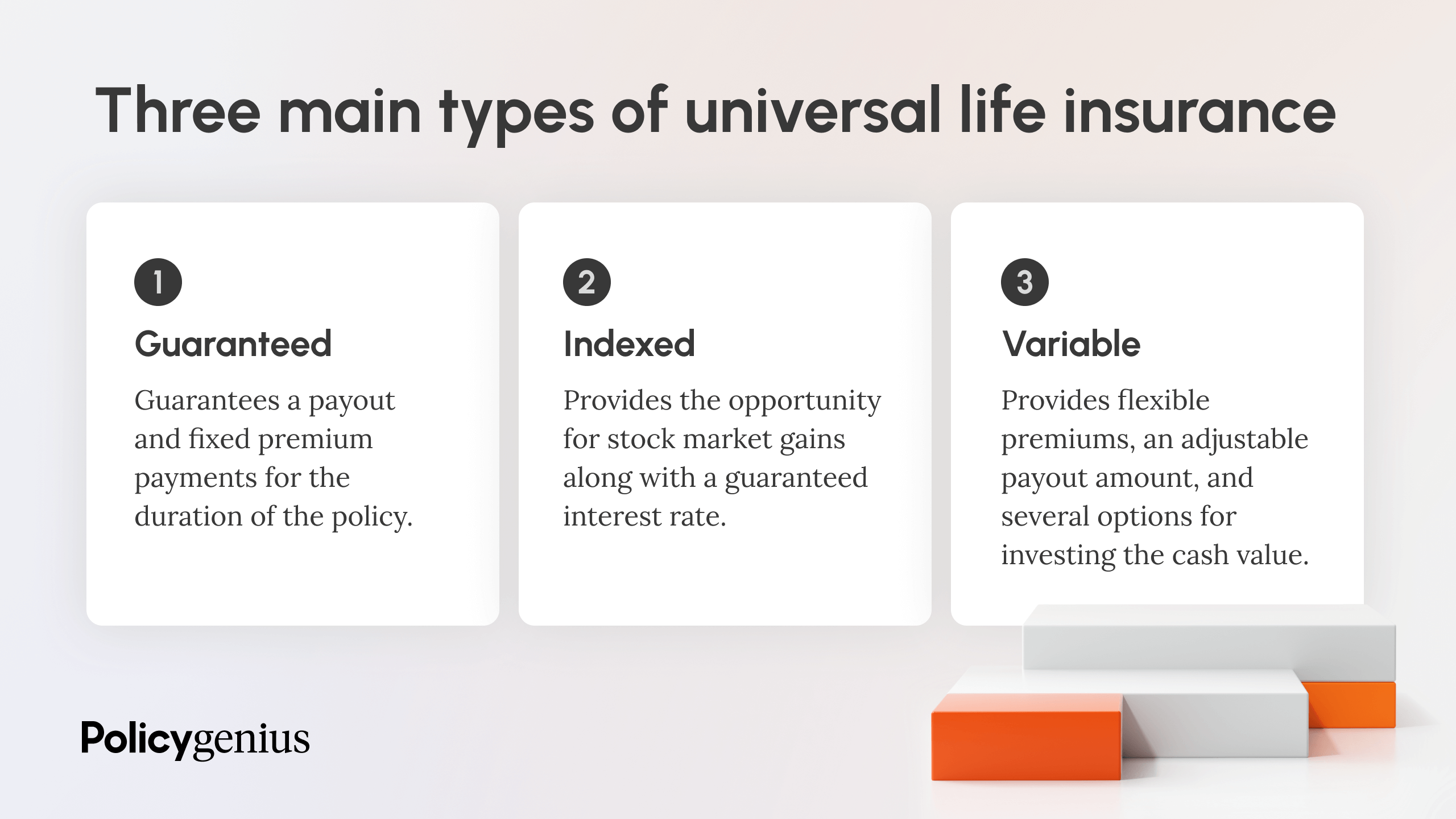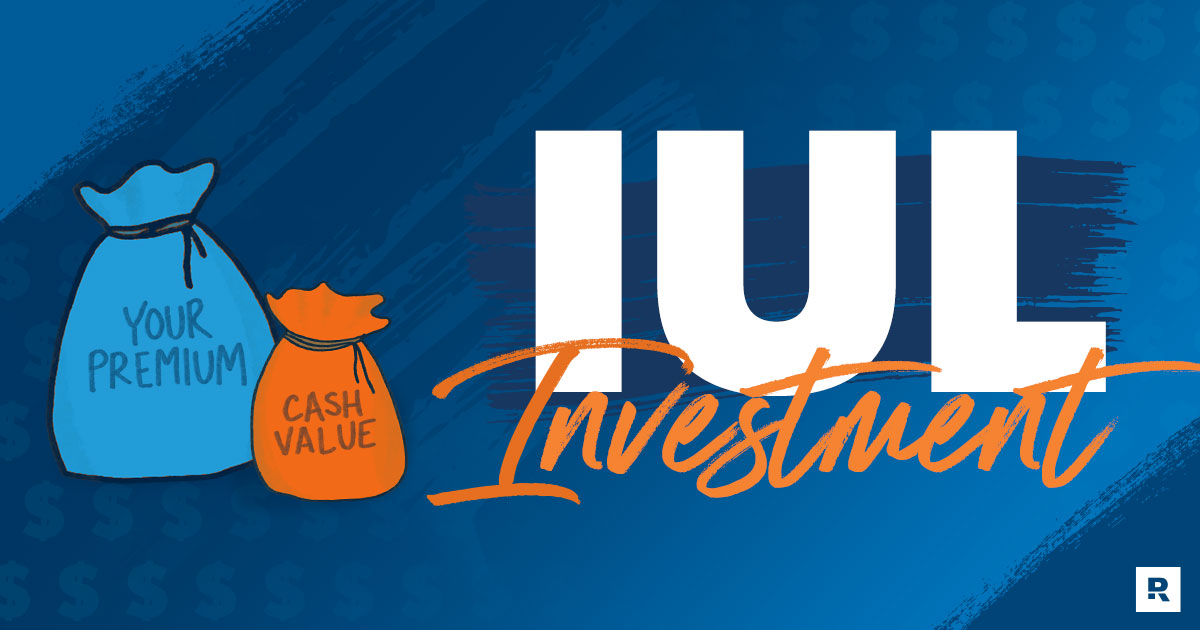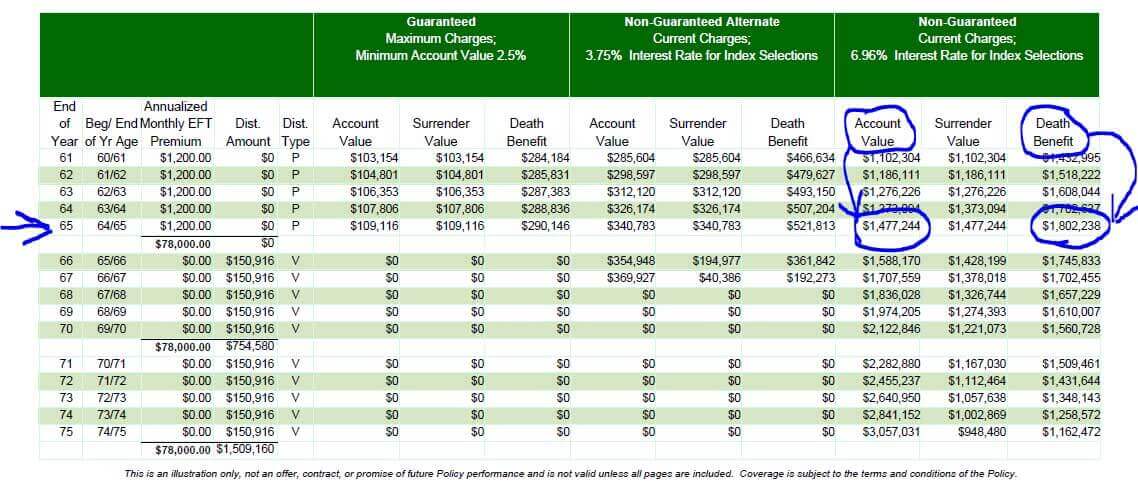All Categories
Featured
Table of Contents
Do they contrast the IUL to something like the Vanguard Total Stock Market Fund Admiral Shares with no tons, an expense ratio (EMERGENCY ROOM) of 5 basis factors, a turn over ratio of 4.3%, and a remarkable tax-efficient record of distributions? No, they compare it to some dreadful proactively handled fund with an 8% tons, a 2% EMERGENCY ROOM, an 80% turn over ratio, and a horrible record of temporary capital gain distributions.
Shared funds commonly make annual taxed distributions to fund proprietors, also when the value of their fund has gone down in value. Shared funds not only need revenue coverage (and the resulting yearly taxation) when the mutual fund is going up in worth, however can additionally impose revenue tax obligations in a year when the fund has gone down in value.
That's not how shared funds function. You can tax-manage the fund, harvesting losses and gains in order to decrease taxed distributions to the financiers, yet that isn't in some way going to alter the reported return of the fund. Just Bernie Madoff types can do that. IULs prevent myriad tax obligation traps. The ownership of common funds may call for the common fund owner to pay estimated taxes.

IULs are simple to position so that, at the owner's death, the recipient is not subject to either earnings or inheritance tax. The same tax obligation decrease methods do not function nearly also with common funds. There are many, usually expensive, tax catches connected with the moment trading of common fund shares, catches that do not put on indexed life Insurance coverage.
Possibilities aren't very high that you're going to go through the AMT due to your common fund circulations if you aren't without them. The remainder of this one is half-truths at finest. While it is real that there is no revenue tax obligation due to your successors when they inherit the profits of your IUL policy, it is additionally real that there is no earnings tax obligation due to your successors when they inherit a mutual fund in a taxable account from you.
Max Funded Insurance Contract
There are better ways to stay clear of estate tax issues than purchasing investments with reduced returns. Mutual funds may trigger earnings tax of Social Security benefits.

The growth within the IUL is tax-deferred and might be taken as free of tax revenue via fundings. The plan owner (vs. the common fund manager) is in control of his or her reportable revenue, therefore allowing them to lower or even eliminate the tax of their Social Protection advantages. This set is great.
Here's an additional marginal issue. It holds true if you purchase a shared fund for claim $10 per share right before the distribution date, and it disperses a $0.50 distribution, you are after that going to owe tax obligations (most likely 7-10 cents per share) although that you haven't yet had any type of gains.
But in the end, it's actually about the after-tax return, not exactly how much you pay in taxes. You are going to pay more in tax obligations by using a taxed account than if you get life insurance. However you're additionally most likely going to have more cash after paying those tax obligations. The record-keeping demands for owning mutual funds are dramatically a lot more complex.
With an IUL, one's records are kept by the insurer, copies of yearly statements are sent by mail to the proprietor, and distributions (if any type of) are totaled and reported at year end. This set is also type of silly. Obviously you must maintain your tax obligation documents in situation of an audit.
Universal Guaranteed Life Insurance
All you need to do is shove the paper into your tax obligation folder when it shows up in the mail. Rarely a reason to acquire life insurance coverage. It resembles this person has never ever invested in a taxable account or something. Shared funds are generally component of a decedent's probated estate.
Additionally, they are subject to the delays and expenditures of probate. The profits of the IUL plan, on the various other hand, is always a non-probate distribution that passes beyond probate directly to one's named recipients, and is consequently exempt to one's posthumous creditors, unwanted public disclosure, or comparable hold-ups and expenses.
Medicaid incompetency and life time income. An IUL can give their proprietors with a stream of revenue for their entire life time, regardless of exactly how long they live.

This is advantageous when organizing one's events, and converting possessions to income prior to a nursing home confinement. Common funds can not be converted in a comparable manner, and are often taken into consideration countable Medicaid properties. This is one more foolish one advocating that poor individuals (you recognize, the ones that need Medicaid, a federal government program for the poor, to pay for their nursing home) ought to utilize IUL rather of common funds.
Accumulator Universal Life Insurance
And life insurance policy looks horrible when contrasted relatively against a retirement account. Second, individuals who have money to acquire IUL over and beyond their retirement accounts are mosting likely to need to be terrible at taking care of cash in order to ever before receive Medicaid to spend for their assisted living facility prices.
Chronic and terminal disease motorcyclist. All plans will permit a proprietor's easy access to money from their plan, often waiving any surrender charges when such individuals suffer a major health problem, need at-home treatment, or come to be restricted to an assisted living home. Common funds do not give a comparable waiver when contingent deferred sales charges still use to a mutual fund account whose owner requires to offer some shares to fund the costs of such a stay.
Group Universal Life Insurance
You obtain to pay even more for that benefit (motorcyclist) with an insurance policy. Indexed global life insurance offers death benefits to the recipients of the IUL owners, and neither the proprietor neither the beneficiary can ever before shed money due to a down market.
Now, ask yourself, do you really require or desire a death benefit? I definitely do not need one after I reach monetary independence. Do I want one? I expect if it were affordable sufficient. Obviously, it isn't economical. Generally, a buyer of life insurance policy spends for the real price of the life insurance coverage benefit, plus the costs of the plan, plus the revenues of the insurer.
Iul Unleashed
I'm not entirely certain why Mr. Morais included the entire "you can't shed money" once more here as it was covered rather well in # 1. He simply intended to repeat the ideal selling point for these things I suppose. Again, you do not shed nominal dollars, yet you can shed genuine dollars, as well as face severe possibility expense due to low returns.

An indexed global life insurance policy policy proprietor may exchange their policy for a totally various policy without setting off earnings taxes. A common fund owner can stagnate funds from one common fund company to another without marketing his shares at the previous (hence setting off a taxable event), and redeeming new shares at the latter, usually based on sales fees at both.
While it holds true that you can exchange one insurance coverage plan for another, the reason that individuals do this is that the initial one is such a horrible plan that even after getting a new one and experiencing the very early, adverse return years, you'll still appear ahead. If they were marketed the best policy the very first time, they should not have any kind of wish to ever exchange it and go through the early, adverse return years once more.
Latest Posts
Indexed Universal Life Insurance Good Or Bad
Universal Life Insurance Providers
Group Universal Life